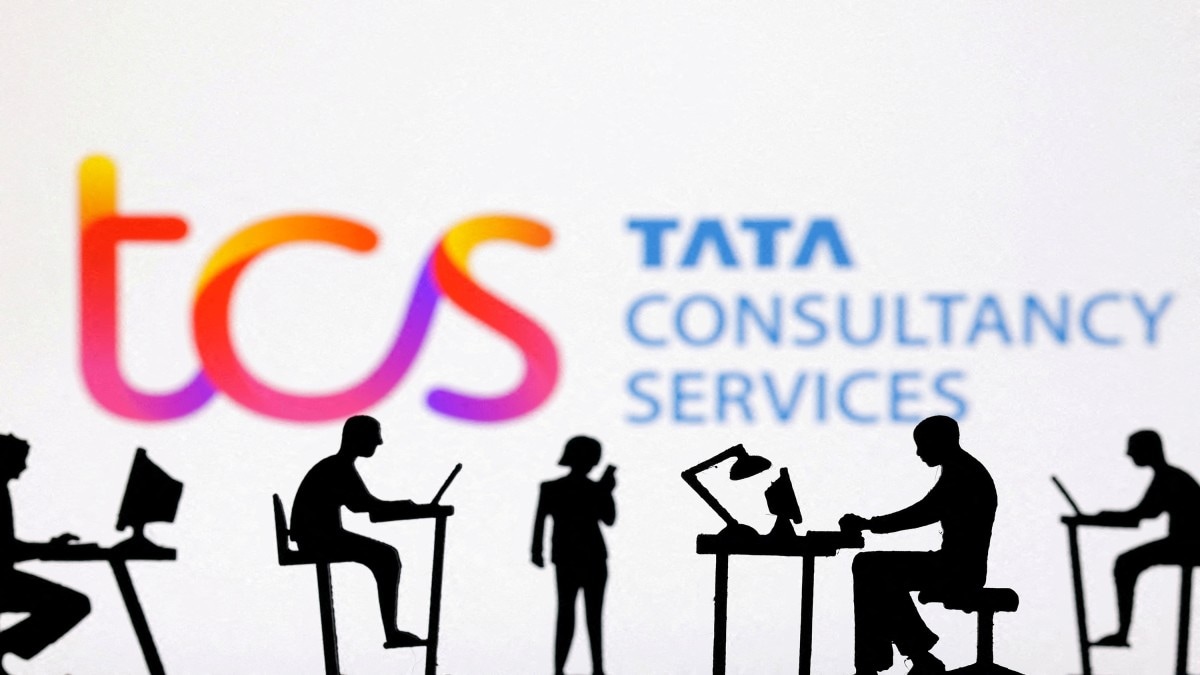The company, which has over 613,000 employees, said the job cuts come as it adopts artificial intelligence and other technologies while expanding into new markets amid subdued demand
read more
Tata Consultancy Services (TCS), India’s largest IT services provider, said on Sunday it will cut its workforce by 2 per cent in the 2026 financial year, a move that will affect about 12,200 employees, mainly in middle and senior management roles.
The company, which has over 613,000 employees, said the job cuts come as it adopts artificial intelligence and other technologies while expanding into new markets amid a subdued demand environment. “This transition is being planned with due care to ensure there is no impact on service delivery to our clients,” TCS said in a statement.
India’s $283 billion IT industry has been facing slower growth as clients delay non-essential technology projects due to weak demand, inflationary pressures and uncertainty over US trade policies. TCS Chief Executive K Krithivasan, in an interview with Moneycontrol, said “It’s a difficult call we have to take to build a stronger TCS”.
Adding that the company is working to make the process as compassionate as possible, he noted that in addition to notice period pay and an added severance package, the Tata Group company will also look to extend insurance benefits and offer outplacement opportunities for the employees who are being laid off.
When asked if this was the impact of AI-led productivity gains or the nature of macro and demand, Krithivasan said, “This is not because of AI but to address skills for the future. This is about feasibility in deployment not because we need less people.”
However, Phil Fersht, chief executive of IT advisory firm HFS Research, said that AI is reshaping the sector’s people-heavy services model. “(That model) is forcing large service providers such as TCS to rebalance their workforces to maintain profit margins and stay price-competitive in a cut-throat market where clients are demanding 20-30 per cent price reductions,” he said.
The decision, Fersht added, shows how even companies with reputations for job stability are being pushed to adapt to structural changes in the industry.
With inputs from Reuters






















